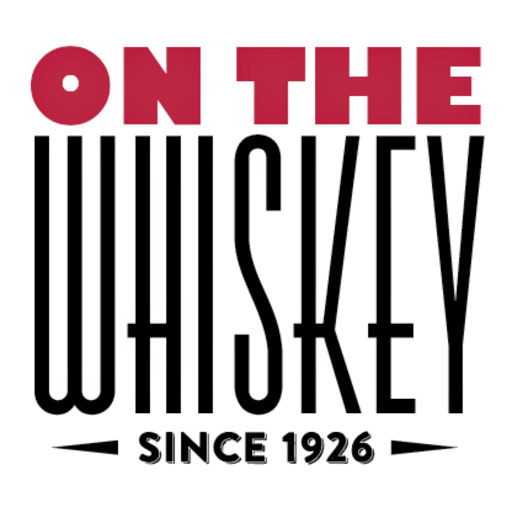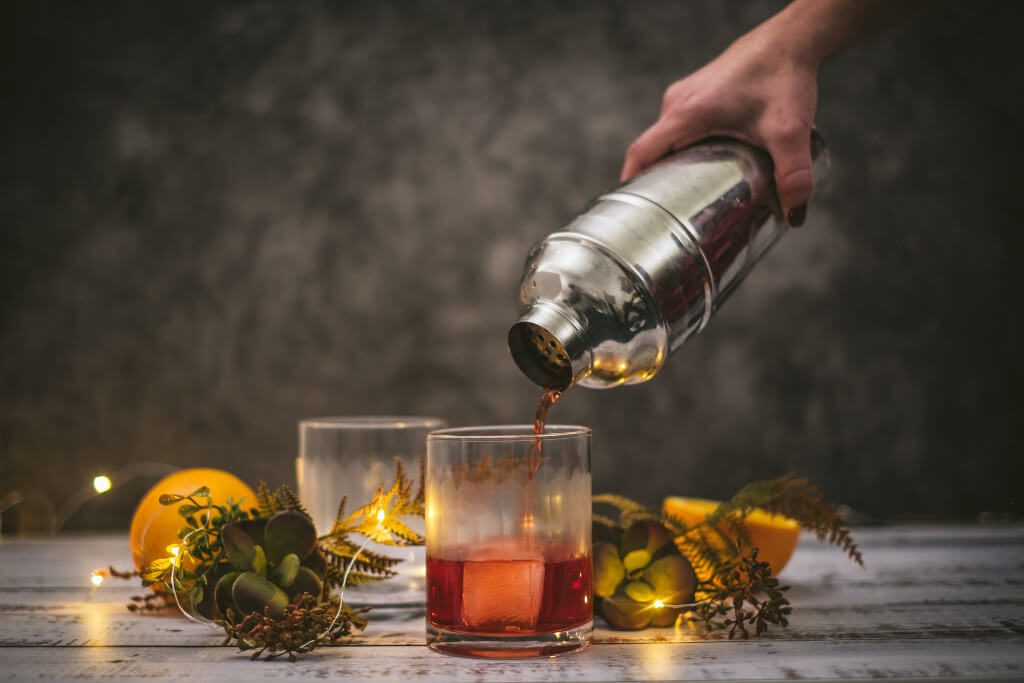Cocktail crafting, at its core, revolves around the equilibrium of ingredients. One critical player in this mix is sugar, bringing balance, body, and texture to beverages. While many bartenders have leaned heavily on traditional syrups like agave nectar, honey, or cane sugar, the cocktail world is witnessing a wave of innovation. Bars globally are now gravitating towards unique, flavorful sweeteners that enhance and add intricate layers to the drink’s taste.
Why Opt for Super Syrup Alternatives?
When crafting the perfect cocktail, the syrup used can significantly impact the final taste and quality. As consumers become increasingly aware of the ingredients they consume, bartenders and mixologists worldwide are turning towards alternative sugar syrups to meet these demands. Here’s why considering these alternatives can be beneficial:
- Health Benefits: Many traditional syrups come packed with artificial additives and high fructose corn syrup, which are linked to health issues when consumed in large amounts. In contrast, these super syrup alternatives such as date molasses or monk fruit sugar are natural and can offer nutritional value.
- Authentic Flavors: Using alternative syrups like palm or coconut sugar introduces unique and authentic flavors to cocktails, enhancing their complexity and depth.
- Eco-friendly Choice: Many of the alternative sugar sources, like coconut sugar, have a lower ecological footprint compared to traditional sugars, making them a more sustainable choice for eco-conscious consumers.
- Versatility: These alternative syrups are not just for cocktails. Their versatile nature means they can be used in a variety of dishes and beverages, making them a valuable addition to any pantry.
Dark Candi Topping: The Resurgence of Brown Sugar
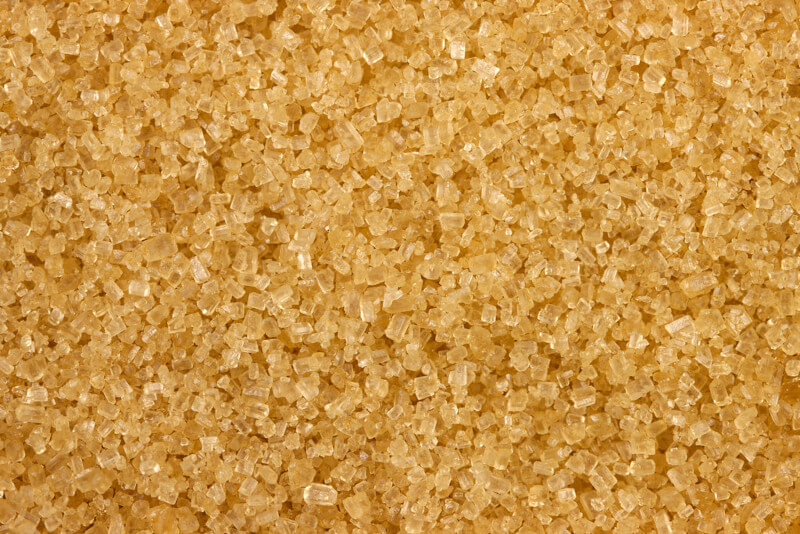
White sugar combined with molasses yields brown sugar, a familiar kitchen staple now making waves in the cocktail scene. Due to its molasses content, brown sugar introduces a richer profile, making it suitable for darker cocktails. Dana Darley, a notable name from Jig + Spoon Impact Group in Louisville, aptly states that its flavors transport one back to childhood treats, particularly when paired with baking-spice notes.
How to make it:
- Combine 2 cups of brown sugar with 1 1/3 cups of water in a saucepan.
- Heat on medium-low, stirring occasionally, until the mixture becomes syrupy.
- Once cooled, it can be stored in a bottle in the refrigerator for up to a month.
Maple Syrup
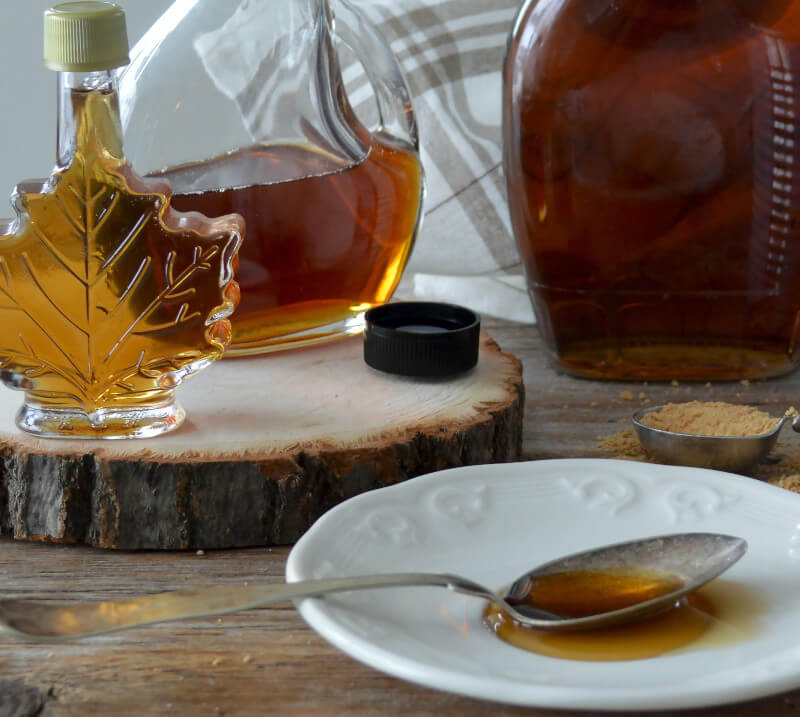
Originating from Canada, maple syrup stands out for its unique, robust character. Samantha Casuga from The Dead Rabbit in NYC praises its versatility, highlighting its efficacy in both stirred drinks and as a replacement for traditional syrups. But here’s a pro tip: steer clear of low-grade, corn syrup-based imitations. Authentic maple syrup offers a depth comparable to some whiskies and pairs effortlessly with other ingredients, enhancing their profiles.
The Date Syrup Conundrum
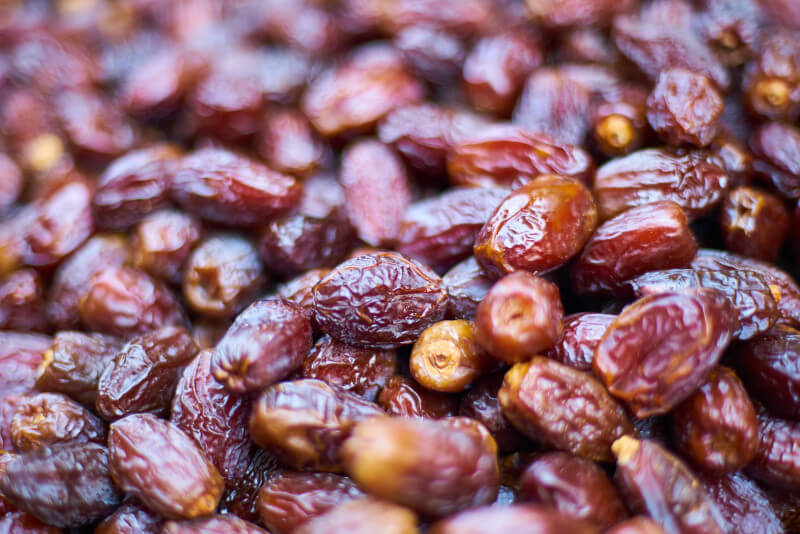
Date sugar, produced from dried and crushed dates, packs a potent sugary punch, accounting for almost 80% of the fruit’s content. Despite their rich sugar composition, dates in their dehydrated form are less than ideal for cocktails due to the undissolved fiber residues. The industry’s solution? Date molasses. Harrison Ginsberg from Crown Shy accentuates its intense profile, rich in dried fruit notes, likening it to certain amari or caramel. Date molasses’ slightly reduced sugar concentration compared to honey makes it apt for a “rich” two-to-one syrup.
Preparation:
- In a saucepan, mix 2 cups of date molasses and 1 cup of water.
- Warm over medium-low heat, stirring until the mixture thickens into a syrup.
- Once it’s cool, transfer it to a bottle and store it in the fridge. It remains fresh for up to one month.
Coconut Sugar is The Tropical Alternative
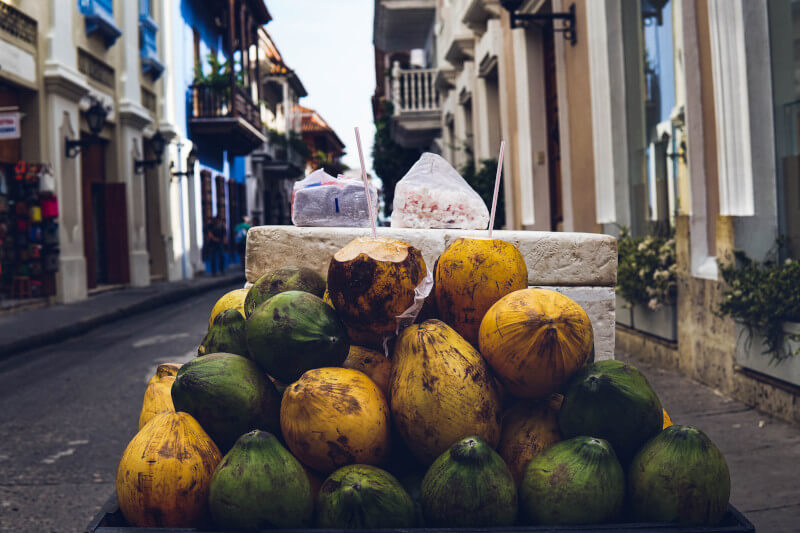
Derived from the sap of the coconut palm, coconut sugar is more than just a sweetener. It brings to the table a cocktail of nutrients, including iron, zinc, and calcium. Its flavor profile, leaning towards demerara, is accented by smoky and savory notes. This makes it especially compatible with darker spirits.
A Quick Recipe:
- Begin by blending 2 cups of coconut sugar with 1 cup of water in a saucepan.
- Heat on medium-low until the mixture achieves a syrupy consistency.
- After cooling, pour into a bottle for storage in the refrigerator, ensuring usage within a month.
Monk Fruit Syrup Brings Ancient Sweetness To Modern Mixology
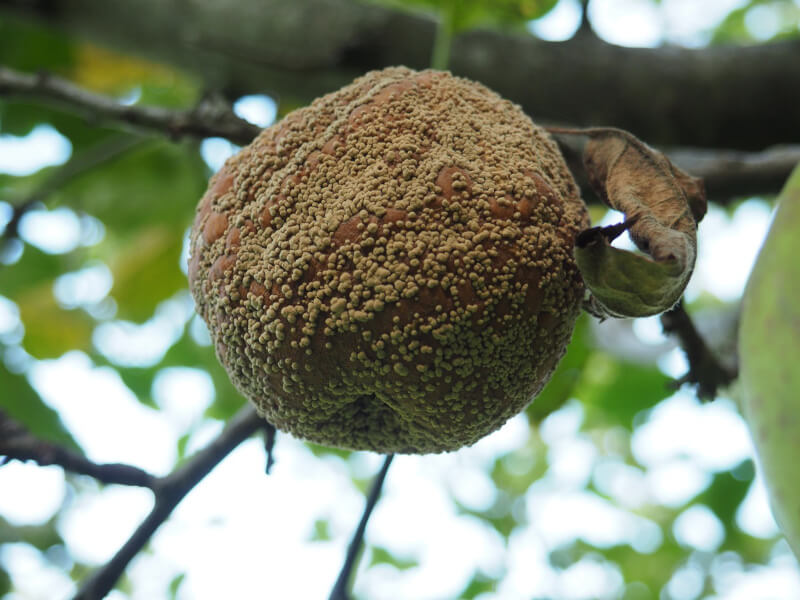
The monk fruit, a Southeast Asian gourd, has historical roots tracing back to 13th-century Buddhist monks. Its recent rise to fame in the cocktail community can be attributed to its intense sweetness, devoid of calories or carbs. While its super-sweet nature demands careful use, when mastered, it can lend a unique edge to cocktails. Samantha Casuga recalls its utility during a keto diet phase, while Chris Tunstall from A Bar Above stresses the importance of using raw monk fruit sugar to avoid leaving residues in the drink.
How to prepare it:
- In a saucepan, combine 1 cup of raw monk fruit sugar with an equal amount of water.
- Warm the mixture on medium-low heat, stirring, until it turns into syrup.
- After cooling, it can be decanted into a bottle and stored in the refrigerator for a month.
Raw Palm Sugar Syrup From The East
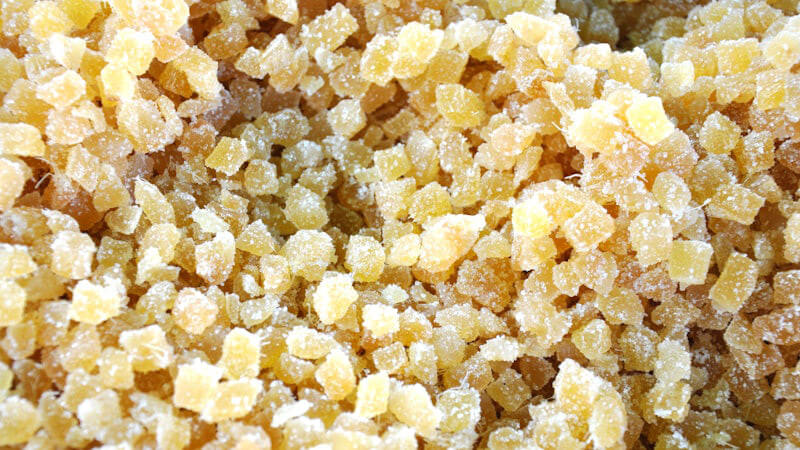
Palm sugar, prevalent in dishes from Asia to North Africa, is slowly finding its niche in the world of mixology. It introduces a unique, nutty flavor, which, as Casuga details, harmonizes brilliantly with the bitter tang of lime. This sugar excels both as a direct ingredient and when transformed into syrup, promising a unique twist to classics like the Old Fashioned.
Make Your Own:
- Take 2 cups of Vietnamese palm sugar and 1 cup of water and mix them in a saucepan.
- Over medium-low heat, stir until the mixture becomes syrupy.
- Once cooled, it’s ready for bottling and can be stored in the refrigerator, retaining its freshness for up to one month.
For readers interested in the convenience of ready-made alternative sugar syrups without the effort of creating them from scratch, several commendable brands have entered the market. Sweet Monk is a notable choice for those eyeing monk fruit-based syrups, recognized for its authentic taste and absence of artificial additives.
For coconut sugar enthusiasts, CocoSweet+ stands out due to its sustainable sourcing practices and purity. D’vash Organics caters to those seeking date molasses syrups, offering a premium product renowned for its richness and depth of flavor. For those who prefer to exit their comfort zone and love a truly unique taste, Tropical Palm Co. specializes in Vietnamese palm sugar syrups, presenting a product that is both authentic and versatile in various cocktail concoctions. These brands, backed by positive reviews and quality assurance, are excellent starting points for anyone looking to enhance their cocktail experience with alternative sugar syrups.
Incorporating alternative sugar syrups in cocktails is more than a trend; it’s a thoughtful move toward flavor diversity and a nod to sustainable, healthier choices. With numerous alternatives like brown sugar, date molasses, and coconut sugar gaining prominence, the cocktail arena is evolving. Brands such as Sweet Monk and CocoSweet+ are revolutionizing ready-made options for enthusiasts. The next time you craft a drink, consider these syrups not just for their distinct taste profiles, but for the added layer of authenticity and conscious consumption they bring to the table.
